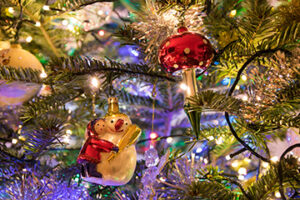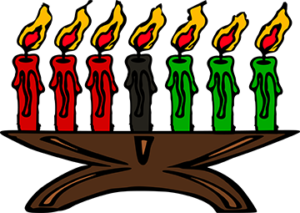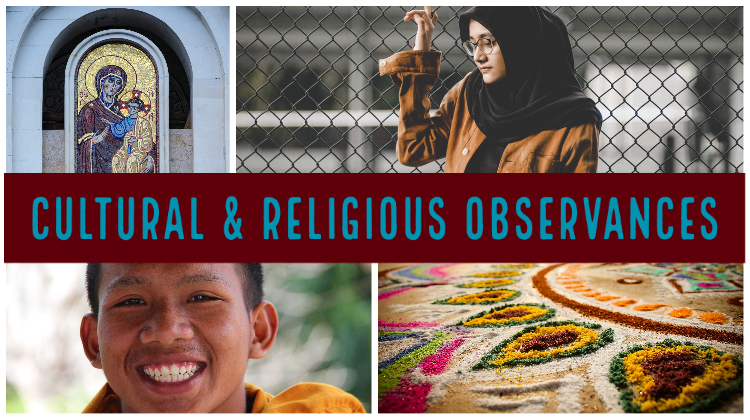Yule (Winter Solstice)
Culture/religion: Pagan/Wiccan
Date: December 21

Yule is a Pagan holiday that takes place on the day of the winter solstice. It originated with early Germanic peoples and is considered a time of rebirth, renewal, new beginnings.
The winter solstice is when the earth’s axis tilts away from the sun, and the sun reaches its greatest distance from the equatorial plane – lengthening the days and shortening the nights. Given this, the most important part of the Yule celebration is light such as candles and bonfires.
Sources:
History of Yule, Learn Religions
Christmas
Culture/religion: Christianity
Date: December 25

Christmas is the Christian celebration of the birth of Jesus Christ. The actual date of Jesus’ birth is unknown, but December 25th was set as the date by the church in the early fourth century.
Since the early 20th century, Christmas has been a secular family holiday observed by Christians and non-Christians all over the world, though traditions and practices vary within different cultures and communities.
Sources:
Christmas, Encyclopedia Britannica
Christmas, Wikipedia
Kwanzaa
Culture/religion: African American/Pan-African heritage
Date: December 26-January 1

Kwanzaa is an African American and pan-African holiday celebrating family, community and culture. Kwanzaa is an annual celebration beginning December 26 and ending January 1. It combines communitarian values and practices of Continental African and African American culture.
Activities are organized around Nguzo Saba, the Seven Principles – Umoja (Unity), Kujichagulia (Self-Determination), Ujima (Collective Work and Responsibility, Ujamaa (Cooperative Economics), Nia (Purpose), Kuumba (Creativity) and Imani (Faith).
Sources:

